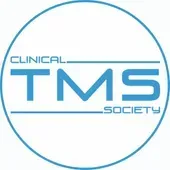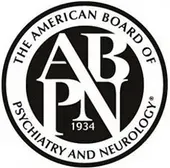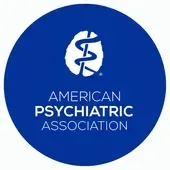TMS For Anxiety
Anxiety Treatment in Chestnut Hill
If you're experiencing symptoms of anxiety, you're not alone. Anxiety disorders are relatively common among adults in the United States. While the symptoms vary from person to person, and can even wary from situation to situation, you know that anxiety can have a significant impact on your quality of life. Feelings of uncertainty, unease, and apprehension can keep you from participating fully and comfortably in both personal and professional situations.
At Wave Treatment Centers in Chestnut Hill, we understand that anxiety can make it difficult to participate in treatments like individual counseling or group therapy. TMS (transcranial magnetic stimulation) is an approved treatment for anxiety disorders, helping you manage your symptoms and learn healthy coping skills to deal with your triggers with a painless, outpatient treatment plan.
"Much like we can activate certain brain regions which are underactive in depression, we can also inhibit regions in the brain which are overactive… this leads to experiencing reduced anxiety states."
Start your Healing Journey
A healthier, happier life starts here — talk to our caring staff today.
Website Form Submission
TMS For Anxiety FAQ
Frequently Asked Questions
I
see Dr. Beatty. He is the most caring doc out there!!! Very intelligent and knows his stuff, while still being able to talk to you like a human—meaning he doesn’t speak above you or over you.
If you should need further evaluation or treatment from another type of specialist, he will refer you to other great docs he knows or he will try to find one for you.
A. M.














